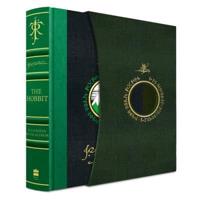Publisher's Synopsis
N Germany on Sylvesterabend-the eve of Saint Sylvester, the last night of the year-you shall wake and hear a chorus of voices singing hymns, like the English waits at Christmas or the Italian pifferari. In the deep silence, and to one awakening, the music has a penetrating and indefinable pathos, the pathos that Richter remarked in all music, and which our own Parsons has hinted delicately- "Strange was the music that over me stole, For 'twas born of old sadness that lives in my soul." There is something of the same feeling in the melody of college songs heard at a little distance on awakening in the night before Commencement. The songs are familiar, but they have an appealing melancholy unknown before. Their dying cadences murmur like a muffled peal heralding the visionary procession that is passing out of the enchanted realm of youth forever. So the voices of Sylvester's Eve chant the requiem of the year that is dead. So much more of life, of opportunity, of achievement, passed; so much nearer age, decline, the mystery of the end. The music swells in rich and lingering strains. It is a moment of exaltation, of purification. The chords are dying; the hymn is ending; it ends. The voices are stilled. It is the benediction of Saint Sylvester:









